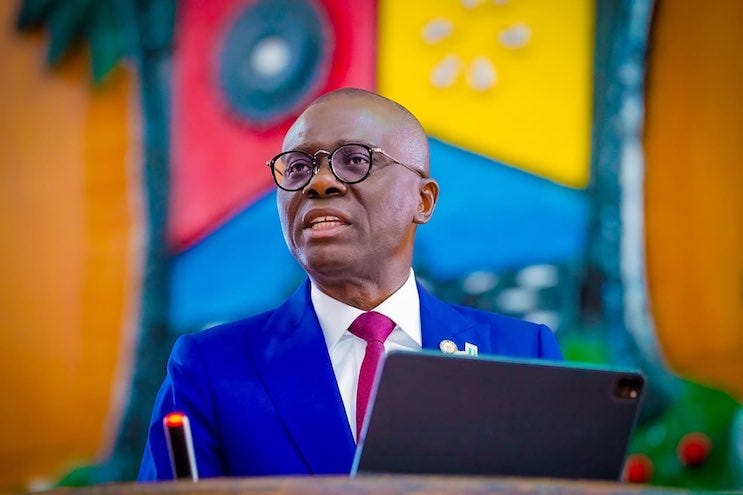Lagos is spending big on infrastructure. But choking on debt.
As of December 2022, Lagos was the state with the highest debt stock across the Nigerian federation.

Earlier this year, the Lagos State Government launched the long-awaited Blue Line rail, connecting thousands of people between Marina and Mile 2. The project was announced with much fanfare and the state government imp…
Keep reading with a 7-day free trial
Subscribe to Ikeja Record to keep reading this post and get 7 days of free access to the full post archives.

